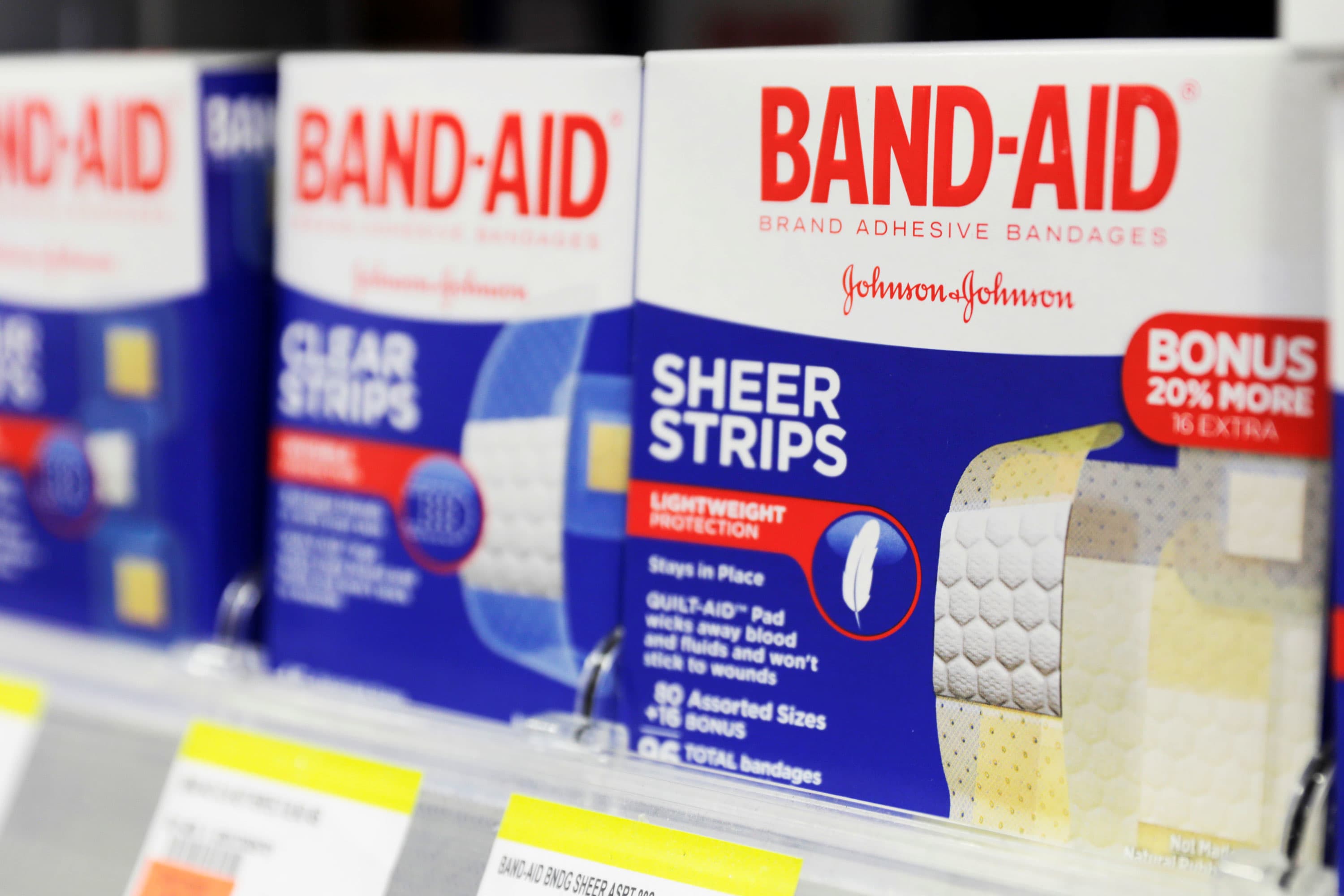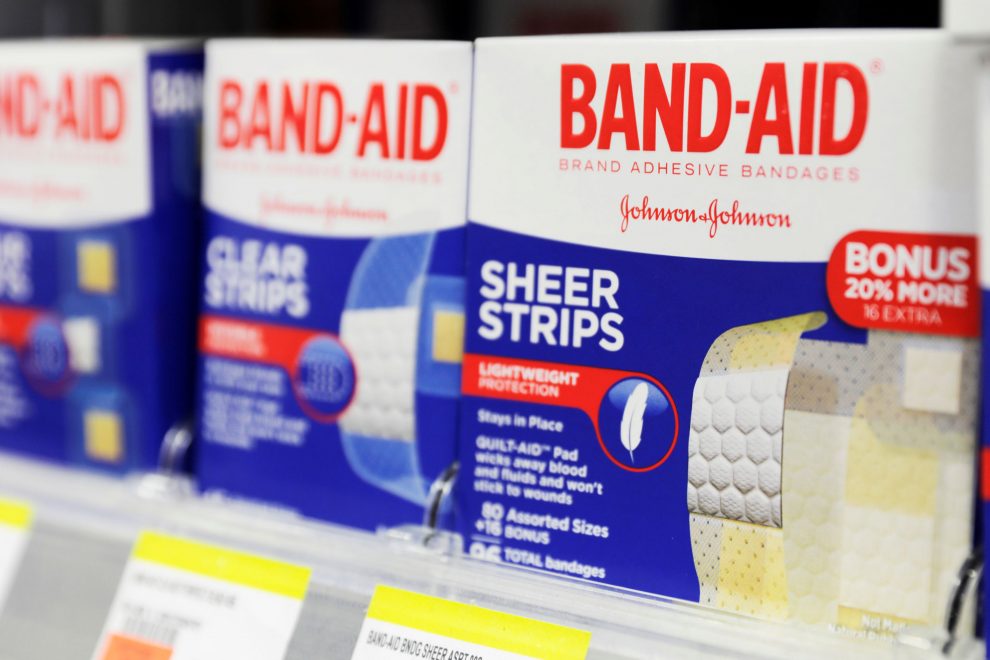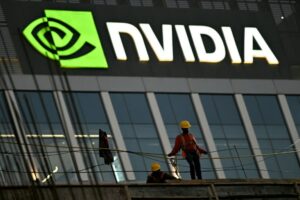
Johnson & Johnson products on a shelf in a store in New York.
Lucas Jackson | Reuters
Johnson & Johnson‘s second-quarter profit slid 35% from a year earlier as the coronavirus forced hospitals to postpone elective surgeries, hitting the company’s medical device business hard.
J&J said Thursday it earned $3.63 billion, or $1.36 per share, during the three months ended June 30, a 34.6% drop from $5.6 billion a year earlier as sales in its medical device unit fell. The decline in its medical device unit was partially offset by higher sales for its over-the-counter products such as Tylenol and its Listerine mouthwash.
Shares of J&J were flat in premarket trading after the earnings report.
Overall, the company beat earnings expectations, reporting adjusted earnings of $1.67 per share, higher than the $1.49 per share projected by analysts surveyed by Refinitiv. The company generated $18.3 billion in revenue, higher than the $17.6 billion expected but a 10% decline from a year earlier.
The company raised its full-year guidance, expecting adjusted earnings of $7.75 to $7.95 per share from $7.50 to $7.90 per share. It also raised its sales forecast to $79.9 billion to $81.4 billion from $77.5 billion to $80.5 billion.
“Our second quarter results reflect the impact of COVID-19 and the enduring strength of our Pharmaceutical business, where we saw continued growth even in this environment,” J&J CEO Alex Gorsky said in a press release. “Thanks to the tireless work of our colleagues around the world and our broad range of capabilities, we continue to successfully navigate the external landscape, and we remain focused on advancing the development of a vaccine to help address this pandemic and save lives.”
J&J’s pharmaceutical business, which is working on a coronavirus vaccine, generated $10.7 billion in revenue, a 2.1% year-over-year increase. The company’s consumer unit, which makes products such as Listerine, generated $3.2 billion in revenue, down 7% from a year earlier.
Sales in J&J’s medical-device unit fell by 33.9% to $4.2 billion during the quarter as the pandemic forced hospitals to postpone elective surgeries and Americans stayed home.
J&J is one of several companies working on a potential vaccine for Covid-19, which has infected more than 13 million people worldwide and killed at least 584,000, according to data compiled by Johns Hopkins University.
The company said it is using the same technologies it used to make its experimental Ebola vaccine, which was provided to people in the Democratic Republic of Congo in late 2019. It involves combing genetic material from the coronavirus with a modified adenovirus that is known to cause common colds in humans.
The company plans to enter a phase one human trial next week, Chief Financial Officer Joseph Wolk said in an interview on CNBC’s “Squawk Box” on Thursday. The trial will include more than 1,000 participants, he said.
“We’re going to try to target the most vulnerable population,” he said. “It’s going to be far-reaching in terms of the demographic makeup and we are very optimistic that that will yield good results.”
The company has previously said it could produce 600 million to 900 million doses by April if the vaccine works well.





